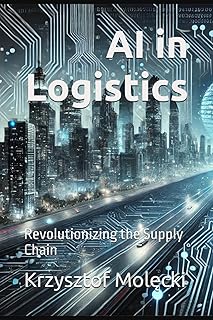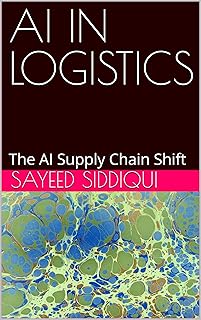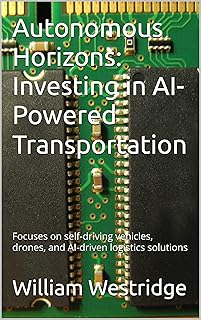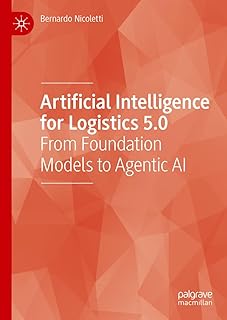In the logistics industry, the challenge of finding and retaining skilled workers has become a significant hurdle. The shortage of labor and technical expertise is putting immense pressure on operations to keep up with the demands of a fast-paced industry. The trucking sector in the United States alone faced a shortage of drivers, and projections indicate a worsening situation if proactive measures are not taken.
The evolving landscape of logistics demands specialized skills beyond just manual labor. Roles like demand planners, shipment coordinators, and automation managers require a blend of technical knowledge and operational expertise to ensure smooth operations. The absence of these critical skills can directly impact the efficiency and timeliness of supply chain processes.
While Artificial Intelligence (AI) is not a magical solution, it is emerging as a reliable tool to address the skills gap in logistics without overburdening the existing workforce. By leveraging AI-driven data solutions, companies can bridge the talent shortage gap and optimize their operations more effectively.
The challenges faced by the logistics industry, including rising costs, customer expectations for faster deliveries, and a diminishing labor pool, necessitate innovative solutions to sustain operations efficiently. Factors such as an aging workforce, specialized technical requirements, low margins of error, and high turnover rates contribute to the complexity of the skill shortage issue.
AI-driven data solutions offer a strategic approach to enhance decision-making processes within logistics operations. By empowering planners with advanced forecasting models and real-time data analysis, companies can improve accuracy, optimize resource allocation, and mitigate risks associated with skill shortages.
Integrating AI technologies into training programs can expedite the onboarding process for new hires and alleviate the burden on experienced employees tasked with continuous training. These AI-driven platforms act as training aids, providing real-time guidance and support to ensure that employees can quickly adapt to their roles and contribute effectively to the organization.
AI-driven data systems play a crucial role in reducing dependency on individual knowledge and memory within logistics operations. By automating decision-making processes and embedding institutional knowledge into daily workflows, companies can mitigate the risks associated with skill shortages and ensure consistent performance across all levels of the organization.
Moreover, predictive maintenance tools powered by AI can enhance equipment readiness and minimize downtime, thereby reducing the strain on limited staff resources. By proactively identifying maintenance issues and optimizing equipment performance, companies can enhance operational efficiency and reduce disruptions caused by equipment failures.
Real-world examples demonstrate the tangible benefits of implementing AI-driven solutions in logistics. Companies that have embraced AI technologies have witnessed improvements in on-time performance, customer satisfaction, and employee retention rates. By augmenting human capabilities with AI-driven support systems, organizations can achieve operational excellence and navigate the challenges posed by skill shortages more effectively.
For industry leaders and decision-makers, investing in AI-driven data solutions goes beyond operational efficiency—it has significant implications for employee retention, customer satisfaction, and organizational resilience. By creating a supportive work environment and leveraging technology to alleviate workforce pressures, companies can enhance their competitiveness and attract top talent in a highly competitive market.
While AI offers promising solutions to address skill shortages in logistics, it is essential to approach implementation thoughtfully and strategically. By conducting thorough assessments, piloting specific use cases, and involving employees in the adoption process, companies can maximize the benefits of AI technologies and drive sustainable improvements in their operations.
In conclusion, AI-driven data solutions present a transformative opportunity for the logistics industry to navigate the challenges posed by skill shortages effectively. By leveraging AI technologies to enhance decision-making, streamline operations, and support workforce development, companies can build resilient and efficient supply chains that adapt to the evolving demands of the market.
📰 Related Articles
- Wikipedia’s Future Amid AI Disruptions and Misinformation Challenges
- Wales Urgently Addresses Skilled Workforce Shortages Amid Economic Concerns
- Tech Giants Navigate AI Landscape Amid Market Challenges in 2025
- Research Solutions Unveils AI Upgrade Revolutionizing Scientific Discovery
- Pinterest’s AI Tools Transform Fashion Shopping with Visual and Personalized Experience






